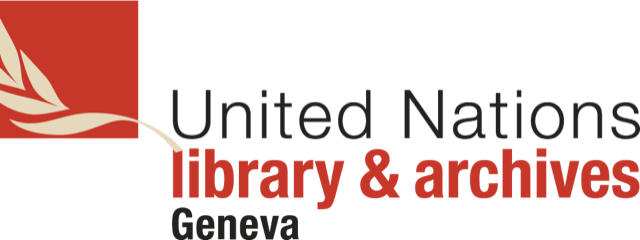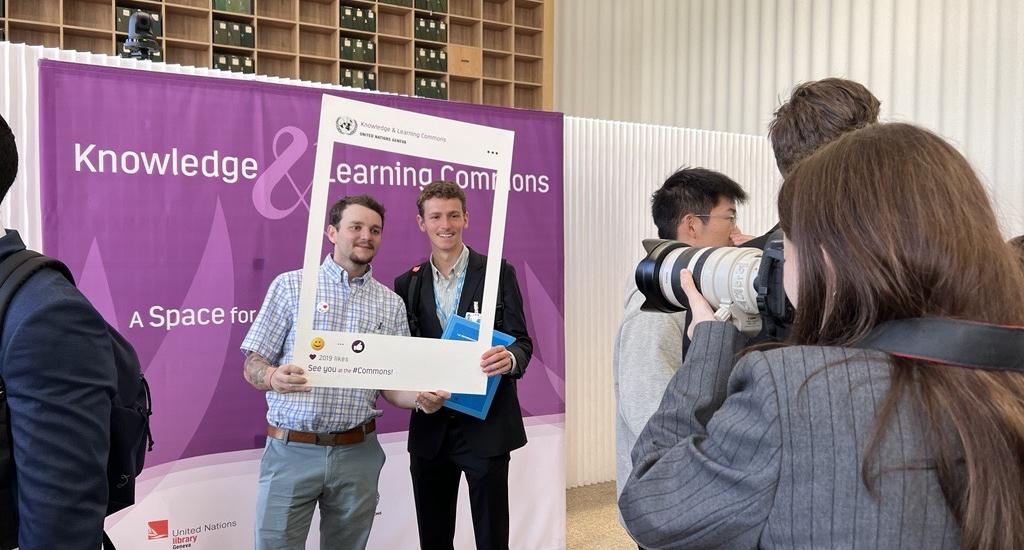Written by Natalie Alexander, Knowledge & Learning Commons.
---
The Commons at the UN Library & Archives Geneva
You might be wondering why we’re called the Commons.
Our story began in 2019, when the Knowledge & Learning Commons was created as a new way to share knowledge about multilateralism at the UN Library & Archives Geneva. Today, the Commons is our space for coming together, whether in-person or online, to learn, debate and exchange on the key issues we should be considering in multilateralism today.
What is a Commons?
But why should we have a Commons? And what exactly does this mean?
The idea of a commons is ages-old, and according to the literature, goes back to Roman law and Antiquity. Then, what was referred to as ‘res communes’ were the natural resources of the world--such as air and water--that could not be owned or privatized (1).
Today, there are many ways to understand the commons. It can refer to various resources, from cultural or natural, to urban, rural and scientific, that are available to everyone, or to a group of people that manage them for collective or individual interest (2). Or, it can be resources that are protected for future generations through government, trust or heritage structures (1). We also have today the digital commons, where information and knowledge are shared, created and managed among communities online (2).
Beyond the resources themselves, author David Collier stresses that the commons is not just a public good, but a social system that works to create, care for and protect these resources through “shared values and community identity”. In this way, each commons is unique to its community and shaped by history, culture, location, social practices and more. And importantly, in many commons, there is a particular focus on equitable access and sustainability for future generations (3,4).
The Commons Today
What ties many of these ideas together is the concept of a dynamic community with something to create, share and care for. This is why we created the Commons at the Library & Archives, with the goal of fostering community and knowledge creation around the multilateralism we’re experiencing today, and the multilateralism we want for our future.
The UN Library & Archives Geneva houses a diverse collection on the study of multilateralism, spanning more than a century of knowledge. There is so much to explore and learn from these collections, and the Commons aims to draw upon these resources and make them accessible to more people.
We invite to be a part of the Commons! Find out more about what we do, explore our resources, and join our events.
----
Sources


